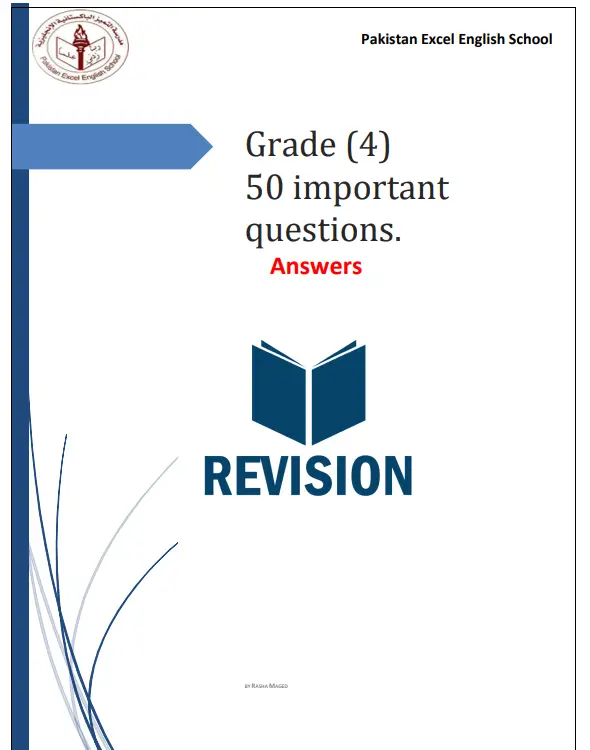cambridge-grade-5
Summary-Notes-Unit-3-lesson-3.1-properties-of-matter Summary-Notes-Unit-3-Properties-of-water-3.2-grade5Table of Content
| Year 1 |
|---|
| Year 2 |
| Year 3 |
| Year 4 |
| Year 5 |
| Year 6 |
| Year 7 |
| Year 8 |
| Year 9 |
cambridge-grade-5 The Amazing World of Animals
Animals are all around us, and they come in many shapes and sizes! From the tiny ant to the mighty whale, each creature plays a unique role in our ecosystem. Let’s explore some fascinating facts about animals, their habitats, and why they are important.
1. Diversity of Species
Did you know that scientists estimate there are over 8 million different species of animals on Earth? This diversity includes mammals, birds, reptiles, amphibians, fish, and insects. Each species has adapted to its environment in special ways.
- Learn More: Explore the diversity of life on National Geographic.
2. Habitats
Animals live in various habitats – from lush rainforests to arid deserts. Each habitat provides the necessary resources that animals need to survive, such as food, water, and shelter.
- Fun Fact: The Amazon Rainforest is home to more species of animals and plants than any other terrestrial ecosystem!
- Learn More: Discover more about different habitats on BBC Earth.
3. Animal Adaptations Cambridge Grade 5
To thrive in their environments, animals have unique adaptations. For example, camels store water in their bodies to survive long periods without drinking, while polar bears have thick fur and a layer of fat to keep warm in icy conditions.
- Learn More: Read about different animal adaptations on Discover Wildlife.
4. Importance of Animals Cambridge Grade 5
Animals are crucial to the health of our planet. They help pollinate flowers, control pests, and even contribute to the food web. For instance, bees are vital for pollination, which helps produce many of the fruits and vegetables we eat. Cambridge Grade 5
- Learn More: Find out why bees are important on Honeybee Conservancy.
5. Conservation Efforts
Sadly, many species are threatened by habitat loss, pollution, and climate change. Conservation efforts aim to protect Cambridge Grade 5endangered species and their habitats. Organizations work hard to raise awareness and implement strategies to preserve our wildlife.
- Get Involved: Learn how you can help endangered species on World Wildlife Fund (WWF).
Conclusion
Cambridge Grade 5
The animal kingdom is a vast and exciting domain that deserves our respect and protection. By learning about animals and Cambridge Grade 5 their roles in our ecosystems, we can better appreciate the natural world and take action to protect it.
Cambridge Grade 5
The Amazing World of Animals
Animals are all around us, and they come in many shapes and sizes! From the tiny ant to the mighty whale, each creature plays a unique role in our ecosystem. Let’s explore some fascinating facts about animals, their habitats, and why they are important.
1. Diversity of Species
Did you know that scientists estimate there are over 8 million different species of animals on Earth? This diversity includes mammals, birds, reptiles, amphibians, fish, and insects. Each species has adapted to its environment in special ways.
- Learn More: Explore the diversity of life on National Geographic.
2. Habitats
Animals live in various habitats – from lush rainforests to arid deserts. Each habitat provides the necessary resources that animals need to survive, such as food, water, and shelter.
- Fun Fact: The Amazon Rainforest is home to more species of animals and plants than any other terrestrial ecosystem!
- Learn More: Discover more about different habitats on BBC Earth.
3. Animal Adaptations
To thrive in their environments, animals have unique adaptations. For example, camels store water in their bodies to survive long periods without drinking, while polar bears have thick fur and a layer of fat to keep warm in icy conditions.
- Learn More: Read about different animal adaptations on Discover Wildlife.
4. Importance of Animals
Animals are crucial to the health of our planet. They help pollinate flowers, control pests, and even contribute to the food web. For instance, bees are vital for pollination, which helps produce many of the fruits and vegetables we eat.
- Learn More: Find out why bees are important on Honeybee Conservancy.
5. Conservation Efforts
Sadly, many species are threatened by habitat loss, pollution, and climate change. Conservation efforts aim to protect endangered species and their habitats. Organizations work hard to raise awareness and implement strategies to preserve our wildlife.
- Get Involved: Learn how you can help endangered species on World Wildlife Fund (WWF).
Conclusion
The animal kingdom is a vast and exciting domain that deserves our respect and protection. By learning about animals and their roles in our ecosystems, we can better appreciate the natural world and take action to protect it.





No comment